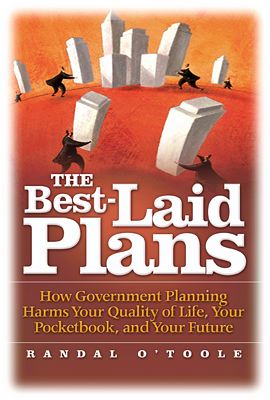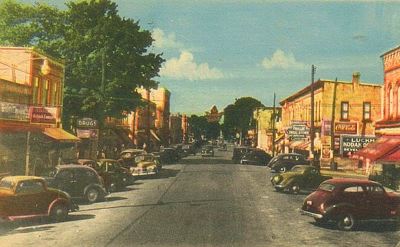Today we have a guest post from the Antiplanner’s faithful ally, Wendell Cox. You can read more of Wendell’s work on his twin web sites, Public Purpose and Demographia.
To Capitol Hill fanfare, the American Public Transportation Association released its new study, Public Transit’s Contribution to U.S. Greenhouse Gas Emissions on September 26. The report is full of the usual big numbers for transit’s role in reducing greenhouse gases (GHGs). As is typical for reports covering the insignificant, the big numbers are never related to the much larger base of GHGs from personal transportation. If one believes the APTA numbers (which one does not, see below), transit use saves approximately 0.5 percent of GHGs attributable to personal transportation (cars, personal trucks or SUVs and transit).










